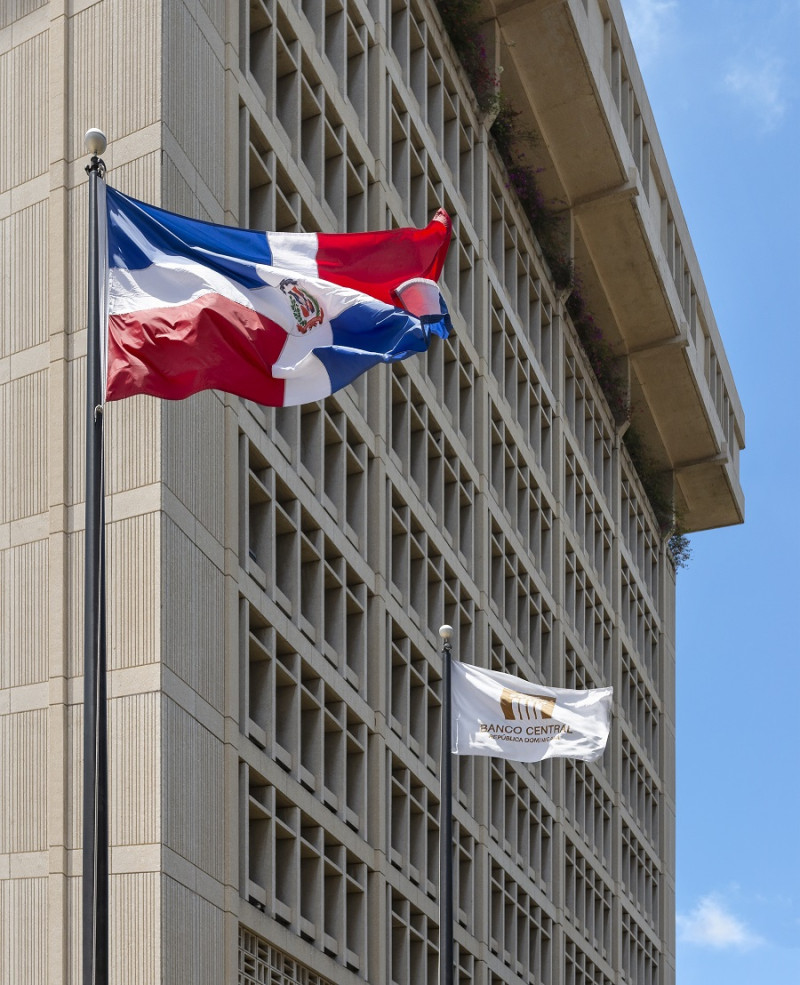
The Central Bank of the Dominican Republic (BCRD) reported that this figure, according to the institution, indicates that the year-on-year inflation is at the lower limit of the target range of 4.0% ± 1.0% set in the monetary program.
The Central Bank of the Dominican Republic stated this Sunday that the year-on-year inflation from April 2023 to the same month of this year was 3.03%, marking the lowest rate recorded since June 2020.
This figure establishes, according to the institution, that the year-on-year inflation is at the lower limit of the target range of 4.0% ± 1.0% set in the monetary program.
“With this behavior, of a year-on-year inflation of 3.03% in April 2024, the Dominican Republic would be among the countries with the lowest inflation in Latin America, excluding dollarized economies (Panama, Ecuador, and El Salvador),” added the regulatory body in a statement.
The Central Bank reported that the Consumer Price Index (CPI) experienced a monthly variation of -0.10% in April 2024, where the group with the greatest impact on the price decline was food and non-alcoholic beverages with a variation of -0.72%.
The twelve-month core inflation stood at 3.99% at the close of April 2024, remaining around the center of the institution’s target.
This indicator allows for clearer signals for monetary policy management since it excludes some items that do not normally respond to liquidity conditions in the economy, such as food with high price variability, fuels, and services with regulated prices like electricity tariffs, transportation, as well as alcoholic beverages and tobacco.
In the analysis of the monthly behavior of inflation, comparing April with the previous March, the food and non-alcoholic beverages group recorded a variation of -0.72%, significantly impacting the month’s result.
According to the Central Bank, this behavior is due to reductions observed in high-weight food items such as green and ripe bananas, fresh chicken, green bananas, tomatoes, peppers, cassava, potatoes, garlic, taro, eggplants, and lettuce.
Meanwhile, price increases in rice, avocados, oranges, and sugar did not offset the reduction experienced by the mentioned foods.
The monetary institution added that the transportation group had a variation of 0.22%, mainly due to price reductions in airfares.
Likewise, it highlighted that the measures implemented by the Executive Branch, by providing subsidies for domestic fuels, have had a “significant” effect on the behavior of this group, mitigating its impact on the variation of general inflation.
Source:


